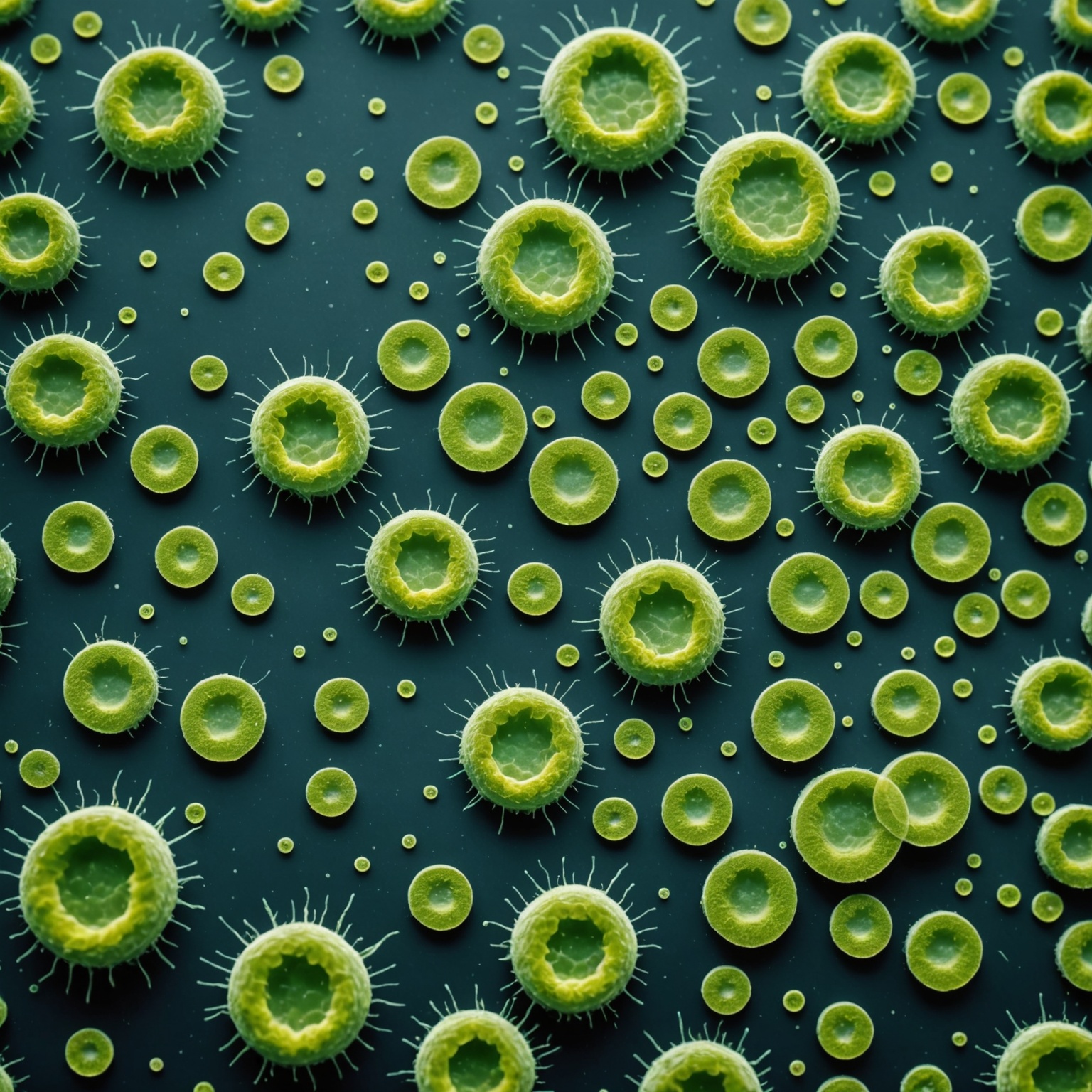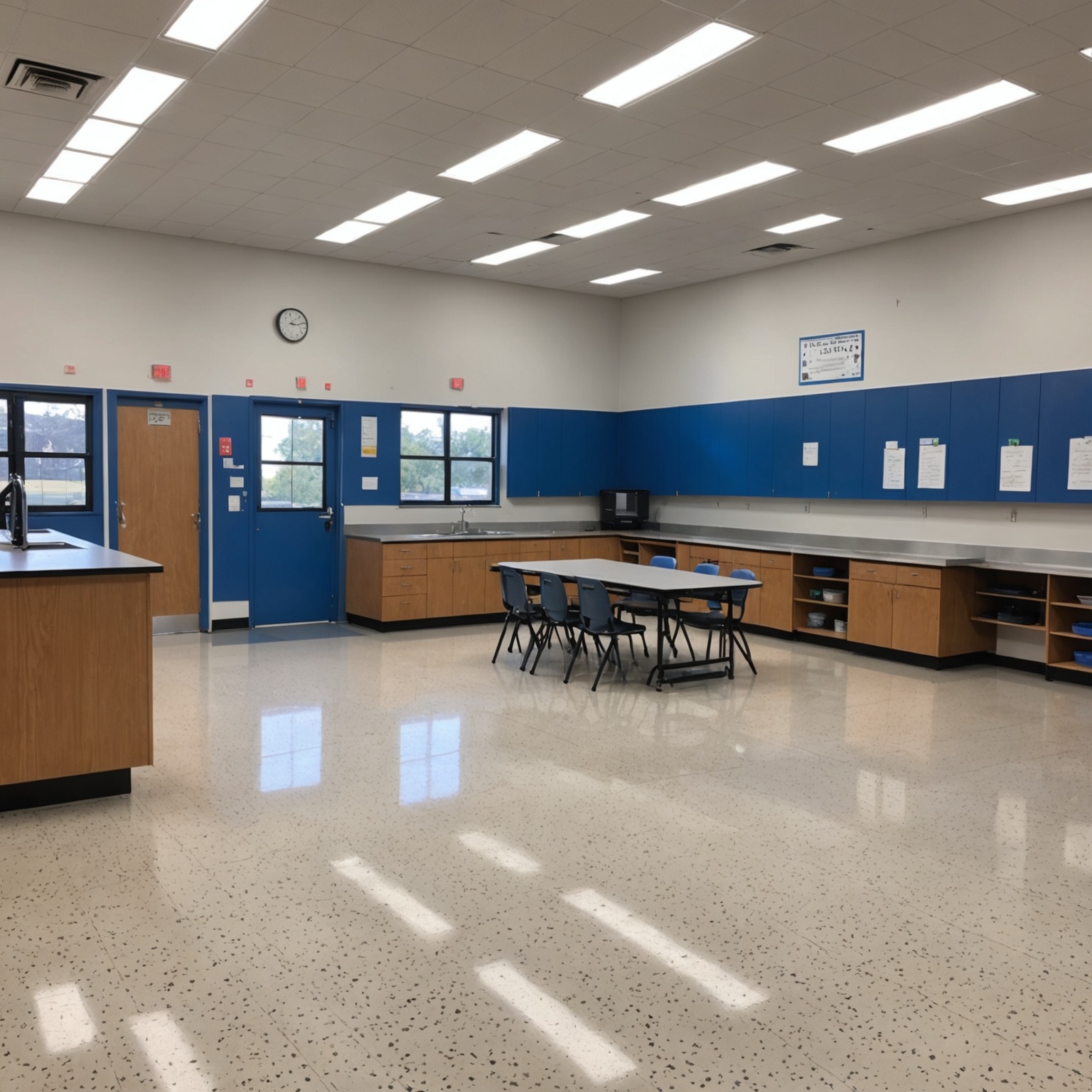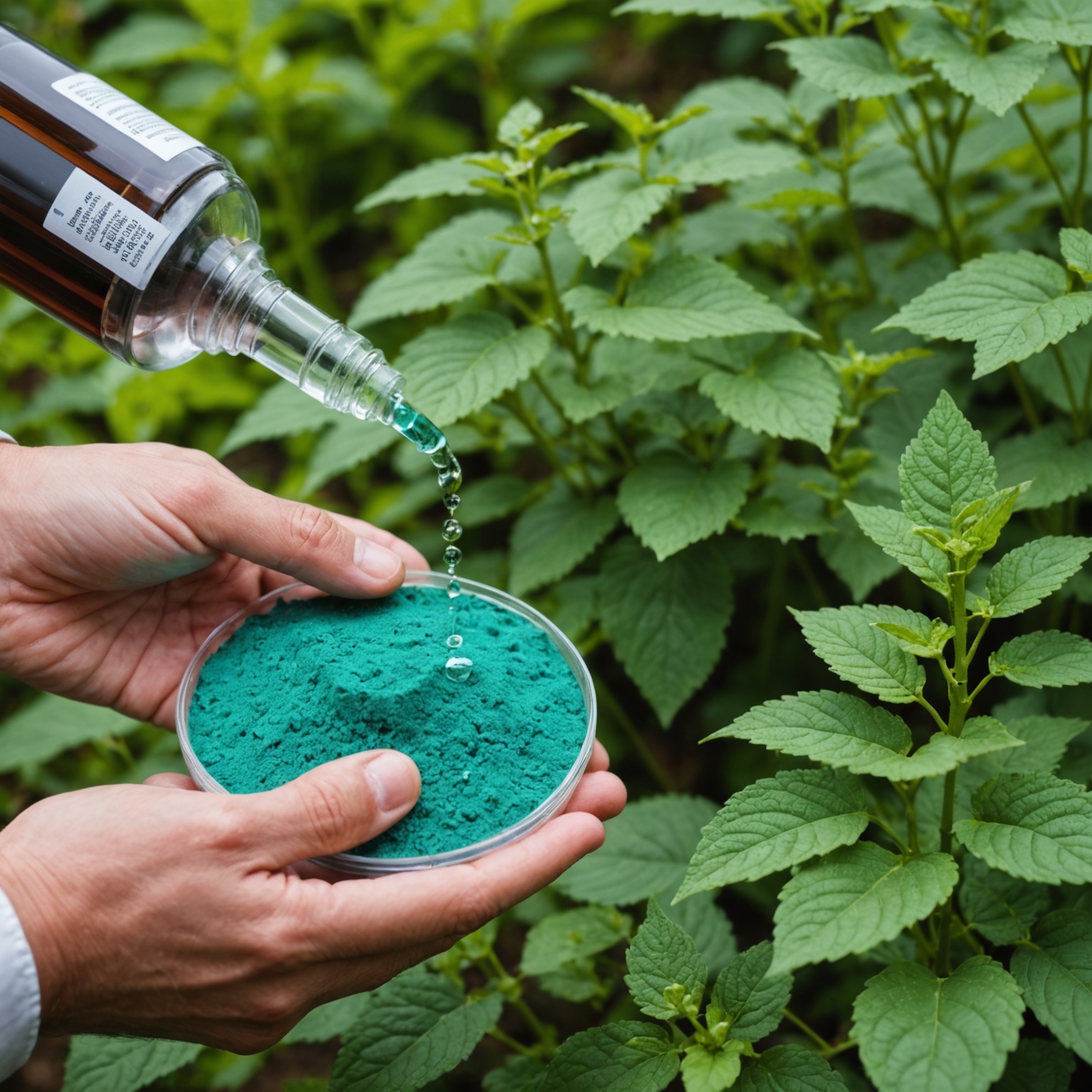New Antimicrobial Coating Kills Viruses and Bacteria on Contact

New Antimicrobial Coating Kills Viruses and Bacteria on Contact
In a significant advancement for public health and hygiene, scientists have developed a novel antimicrobial surface coating that has the ability to destroy pathogens instantly upon contact. This innovative technology promises to transform cleanliness standards in various settings, reducing the transmission of infectious diseases.
Understanding the Science Behind Antimicrobial Coatings
The newly developed coating contains active ingredients that are lethal to microorganisms such as viruses and bacteria. These ingredients disrupt the vital processes of pathogens, leading to their rapid destruction. The coating can be applied to a wide range of surfaces where high levels of hygiene are required, such as in hospitals, schools, and public transport.
This section explores the chemical properties of the coating, its mode of action, and the research that led to its development. By integrating materials science with microbiology, researchers have created a product that not only kills pathogens but also prevents their growth over time.

Additionally, the coating's durability and the effectiveness over time are discussed, highlighting how this innovation stands apart from traditional disinfectants and cleaners.
Applications and Benefits in Public Spaces
The introduction of this antimicrobial coating is especially beneficial in environments where hygiene is paramount. From door handles to elevator buttons, the coating can be applied to virtually any surface, actively reducing the risk of disease transmission.
In this section, specific use cases in hospitals, schools, public transportation, and other public spaces are examined to illustrate the practical benefits and logistical considerations of implementing such a technology.

Moreover, the economic implications of adopting this technology are analyzed, demonstrating the potential cost savings in healthcare and public infrastructure maintenance by reducing the spread of infectious diseases.
Environmental and Safety Considerations
While the benefits of the antimicrobial coating are clear, it is also crucial to consider the environmental impact and safety of such technologies. This section delves into the biodegradability of the coating, its potential effects on the environment, and the safety protocols necessary for its application and use.
The regulatory landscape governing the use of such coatings is also discussed, ensuring that readers understand the compliance and ethical considerations involved in the widespread adoption of this technology.

Finally, future directions for research in antimicrobial technologies are outlined, suggesting a roadmap for further enhancements and innovations in this field.






